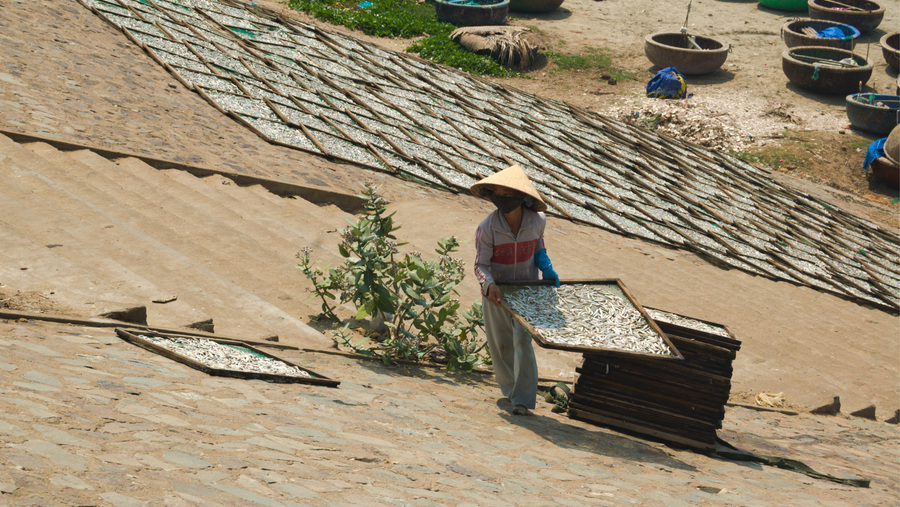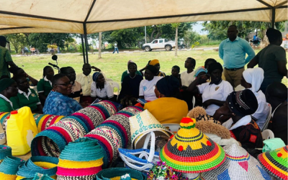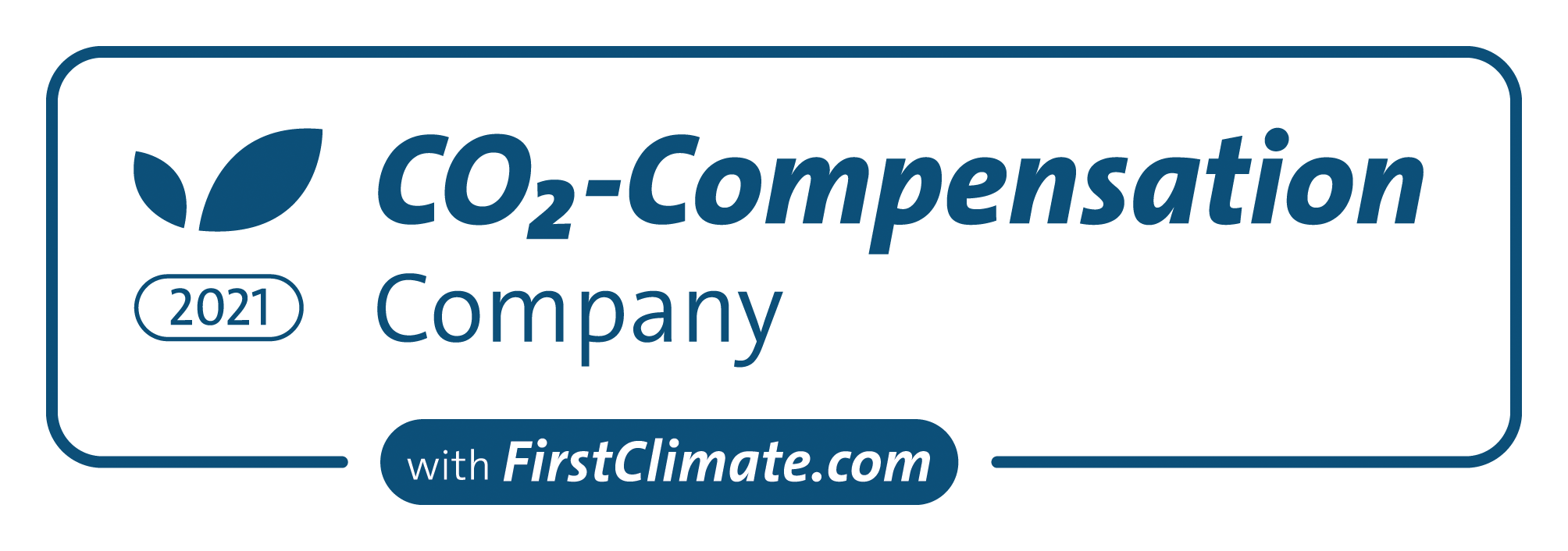
News and Insights
Uganda: Empowering Women-Led MSMEs Through Market Access Support
The Women Empowerment for Development (WE4D) Uganda, in collaboration with the Ministry of Gender, Labour and Social Development (MGLSD) through the Women Entrepreneurship for Economic Growth – Uganda Women Entrepreneurship Programme (WEEG-UWEP) Project, is working to increase the incomes of women entrepreneurs by creating market access opportunities.
One of these efforts was the 3-day regional street market held at the Office of the Prime Minister (OPM) grounds in Arua City from 7th to 9th August 2025.The exhibition brought together traders from West Nile, other regions of Uganda, as well as participants from the Democratic Republic of Congo and South Sudan. Eight women-led micro, small, and medium enterprises supported by the project showcased their products, including honey, shea nuts, shea butter, and locally made art and crafts.
For many women entrepreneurs in Arua, joining formal markets can be difficult due to social and economic barriers. The street market provided a more open and accessible space for them to sell their green products, interact directly with customers, receive feedback, and create useful business connections.
Before the event, GOPA Worldwide Consultants supported the women with one-on-one coaching and mentorship in areas such as packaging and branding, business pitching, marketing, and record keeping. During the exhibition, they also benefited from training sessions led by partners like the Uganda Registration Services Bureau (URSB) and the Uganda Small Scale Industries Association (USSIA). The women reported increased sales and new customers during the event. This boost not only allowed them to reinvest in their businesses but also strengthened their ability to support their families and contribute to the local economy. Beyond financial gains, the street market created networking opportunities, peer learning, and a sense of community among women entrepreneurs. The WEEG-UWEP project aims to improve the competitiveness of 600 women groups running businesses in green sectors. By doing so, it seeks to create jobs, raise incomes, and promote better gender-sensitive working conditions.
The project is funded by the German government, with support from the European Union and Norway, and implemented by the Deutsche Gesellschaft für Internationale Zusammenarbeit (GIZ).


